AI Government Contracts: Your Guide for 2025
The landscape of AI government contracts is experiencing unprecedented growth, with federal agencies projected to spend over $3.3 billion on artificial intelligence in FY 2025 alone. This represents a seismic shift in how the government operates, creating extraordinary opportunities for contractors who understand how to leverage AI technologies to find, win, and deliver federal contracts successfully. The convergence of AI innovation and government procurement is reshaping every aspect of the contracting ecosystem, from opportunity identification to contract performance management.
At the forefront of this transformation stands Procurement Sciences - our AI GovCon platform has revolutionized how contractors approach AI government contracts. Our state-of-the-art technology represents the industry standard for AI-powered government contracting, enabling clients to achieve remarkable success rates.
For organizations serious about capitalizing on AI government contracts, Procurement Sciences provides the comprehensive platform needed to identify opportunities, create winning proposals, and deliver exceptional results consistently.
Understanding the AI Government Contracts Market Landscape
The market for AI government contracts has evolved dramatically since 2022, with federal AI spending totaling $5.6 billion from FY 2022 to 2024, representing a 6% growth over three years. This expansion reflects not just increased budgets but fundamental changes in how agencies approach technology acquisition and implementation. The Department of Defense leads this transformation, accounting for 72% of all AI government contracts obligations and totaling $4.0 billion during the three-year period.
Small businesses are capturing an increasingly significant share of AI government contracts, accounting for 35% of total obligations and experiencing 34% growth from FY 2022 to 2024. This trend demonstrates that agencies value innovation and agility over size alone, creating unprecedented opportunities for nimble organizations with cutting-edge AI capabilities. Defense spending growth has been particularly dramatic, with DoD AI contract values increasing by 1500% in recent years, transforming what was once a niche market into a fundamental component of federal operations.
The strategic importance of AI government contracts extends beyond simple technology purchases to encompass mission-critical capabilities that enhance national security, improve citizen services, and drive operational efficiency. Recent Pentagon awards totaling $200 million each to Anthropic, Google, OpenAI, and xAI demonstrate the government's commitment to leveraging the most advanced commercial AI capabilities for defense applications.
Key Trends Shaping AI Government Contracts
Several transformative trends are reshaping the AI government contracts landscape, creating new opportunities and challenges for contractors across all market segments. Understanding these trends is essential for developing effective strategies and positioning organizations for sustained success.
Accelerated Procurement Timelines characterize modern AI government contracts, with agencies under pressure to adopt AI capabilities rapidly while maintaining appropriate safeguards. Traditional procurement processes are being streamlined through innovative contracting vehicles, other transaction agreements, and accelerated evaluation procedures that favor contractors demonstrating technical readiness and proven capabilities.
Integration with Existing Systems has become a critical evaluation factor in AI government contracts. Agencies seek solutions that enhance rather than replace existing infrastructure, requiring contractors to demonstrate seamless integration capabilities and robust interoperability features. Successful AI implementations balance innovation with practical deployment considerations, ensuring that new capabilities enhance operational effectiveness immediately.
Emphasis on Responsible AI permeates all aspects of AI government contracts, with agencies requiring comprehensive documentation of AI governance, bias mitigation, and explainability features. DoD's Responsible AI framework establishes five core tenets - responsible, equitable, traceable, reliable, and governable - that contractors must demonstrate throughout the acquisition lifecycle.
Strategic Approaches to Winning AI Government Contracts
Success in AI government contracts requires sophisticated strategies that address both technical capabilities and procurement dynamics. The most successful contractors develop comprehensive approaches that leverage advanced tools while maintaining focus on mission outcomes and customer value.
Procurement Sciences' approach exemplifies best practices in AI government contracts pursuit, combining cutting-edge technology with deep domain expertise. Their platform enables contractors to identify opportunities faster, develop more compelling proposals, and demonstrate clear value propositions that resonate with government evaluators. Organizations using their tools report dramatic improvements in win rates and proposal quality while reducing preparation time by up to 75%.
Market Intelligence and Opportunity Analysis forms the foundation of successful AI government contracts strategies. Advanced AI tools can analyze thousands of procurement opportunities in seconds, identifying those most aligned with organizational capabilities and strategic objectives. Leading contractors leverage predictive analytics to anticipate agency needs and position themselves advantageously before formal solicitations are released.
Technical Differentiation becomes increasingly important as the AI government contracts market matures. Winners demonstrate unique capabilities that deliver measurable improvements in mission outcomes while addressing specific agency challenges. This requires a deep understanding of government operations, technical requirements, and evaluation criteria that distinguish superior solutions from basic compliance responses.
Implementation Best Practices for AI Government Contracts
Successful execution of AI government contracts demands comprehensive implementation strategies that address technical, operational, and compliance requirements simultaneously. The complexity of government environments requires careful planning and systematic approaches to ensure successful deployment and sustained performance.
Compliance and Risk Management represents a critical success factor in AI government contracts. Federal guidance emphasizes transparency, accountability, and robust risk management practices throughout the acquisition lifecycle. Contractors must demonstrate comprehensive understanding of emerging regulations while building flexibility to adapt to evolving requirements.
Performance Measurement and Optimization enables contractors to demonstrate value delivery and build foundation for follow-on opportunities in AI government contracts. Advanced organizations implement comprehensive analytics frameworks that track system performance, user adoption, and mission impact metrics. This data-driven approach provides concrete evidence of value creation while identifying opportunities for continuous improvement.
Stakeholder Engagement and Change Management ensures that AI implementations achieve intended outcomes and build sustainable relationships with government customers. Successful AI government contracts require careful attention to user experience, training programs, and organizational change processes that facilitate smooth technology adoption and maximize operational benefits.
Technology Infrastructure for AI Government Contracts
The technical foundation underlying AI government contracts must address demanding requirements for security, performance, and reliability while enabling innovation and scalability. Government environments present unique challenges that require sophisticated architectural approaches and proven implementation methodologies.
Security and Compliance Architecture forms the cornerstone of successful AI government contracts implementations. Modern platforms provide multiple deployment options ranging from commercial cloud to fully isolated environments, ensuring that sensitive government data remains protected while enabling advanced AI capabilities. SOC 2 Type 2 certification, FedRAMP compliance, and CUI handling capabilities have become baseline requirements for serious contenders in AI government contracts.
Scalability and Performance Engineering enables AI government contracts to deliver consistent value across diverse operational environments and usage patterns. Successful implementations leverage cloud-native architectures, microservices design patterns, and advanced caching strategies that maintain responsiveness under varying load conditions while optimizing resource utilization and cost efficiency.
Integration and Interoperability capabilities determine whether AI government contracts enhance or disrupt existing operational workflows. Leading solutions provide robust APIs, standardized data formats, and flexible configuration options that enable seamless integration with legacy systems while preserving existing investments and operational procedures.
Emerging Opportunities in AI Government Contracts
The evolution of AI government contracts continues accelerating, driven by technological advancement, policy changes, and expanding agency needs across the federal government. Forward-thinking contractors are positioning themselves to capitalize on emerging opportunities while building capabilities for sustained competitive advantage.
Generative AI Applications represent one of the fastest-growing segments within AI government contracts. Recent contract awards demonstrate agency interest in leveraging advanced language models, automated content generation, and intelligent decision support systems for diverse applications ranging from document processing to strategic analysis.
AI-Powered Process Automation creates opportunities for contractors to help agencies streamline operations, reduce manual effort, and improve accuracy across diverse functional areas. Federal agencies are increasingly interested in AI solutions that can automate repetitive tasks, enhance decision-making processes, and optimize resource allocation while maintaining appropriate human oversight and control.
Specialized AI Services enable contractors to differentiate themselves through deep expertise in specific domains or applications relevant to AI government contracts. Whether focused on cybersecurity, healthcare, logistics, or scientific research, specialized providers can command premium pricing while building sustainable competitive moats through demonstrated expertise and proven performance.
Challenges and Risk Mitigation in AI Government Contracts
While AI government contracts offer extraordinary opportunities, they also present unique challenges that require careful management and strategic mitigation approaches. Understanding these risks enables contractors to develop robust strategies that protect their interests while delivering exceptional value to government customers.
Technical Complexity and Integration Risks characterize many AI government contracts, particularly those involving legacy system integration or mission-critical applications. Successful contractors develop comprehensive risk management frameworks that identify potential issues early while implementing mitigation strategies that ensure successful project delivery within schedule and budget constraints.
Regulatory Compliance and Policy Evolution create ongoing challenges in AI government contracts as agencies continue refining their approaches to AI acquisition and governance. Recent policy developments emphasize the importance of staying current with evolving requirements while building flexibility to adapt to changing guidance without disrupting ongoing operations.
Performance Measurement and Accountability requirements in AI government contracts demand sophisticated approaches to demonstrating value delivery and return on investment. Agencies expect contractors to provide concrete evidence of mission impact while maintaining transparency about system capabilities, limitations, and ongoing optimization efforts.
Future Outlook for AI Government Contracts
The trajectory for AI government contracts points toward continued dramatic growth, increasing sophistication, and expanding applications across all aspects of government operations. Industry forecasts project federal AI spending will increase from $2.1 billion in FY 2024 to $3.1 billion in FY 2028, representing an 8.3% annual growth rate over the next five years.
Policy and Regulatory Evolution will continue shaping the AI government contracts landscape as agencies balance innovation with responsible governance. The Trump Administration's approach emphasizes reducing regulatory barriers while promoting American AI leadership, creating opportunities for domestic contractors who can demonstrate compliance with security requirements and alignment with national priorities.
Technology Advancement and Market Maturation will drive new categories of AI government contracts while evolving requirements for existing applications. Emerging capabilities in areas such as autonomous systems, advanced analytics, and human-machine collaboration will create opportunities for contractors who invest in cutting-edge research and development while maintaining focus on practical government applications.
Competitive Landscape Evolution will see increased consolidation, strategic partnerships, and market differentiation as the AI government contracts sector matures. Successful organizations will distinguish themselves through demonstrated expertise, proven performance, and ability to deliver mission-critical capabilities that enhance government effectiveness while maintaining appropriate security and governance standards.
For organizations seeking to maximize their success in AI government contracts, Procurement Sciences offers the most comprehensive and proven platform available today. Their Awarded AI system integrates seamlessly with existing workflows while providing advanced capabilities for opportunity identification, proposal development, compliance management, and performance optimization.
With clients consistently reporting exceptional results - including 100% win rates and millions of dollars in new contract awards - Procurement Sciences represents the future of government contracting success.
The transformation of federal procurement through AI government contracts offers unprecedented opportunities for contractors who approach this market strategically. By leveraging advanced technologies, maintaining focus on mission outcomes, and partnering with industry-leading platforms like Procurement Sciences, organizations can build sustainable competitive advantages while contributing to the modernization of government operations.
Success in AI government contracts requires more than technical capability - it demands comprehensive understanding of government needs, sophisticated business development strategies, and unwavering commitment to delivering exceptional value in every engagement.
As the AI government contracts market continues evolving at breakneck pace, the organizations that thrive will be those that combine cutting-edge technology with deep domain expertise, proven performance, and strategic vision for the future of government-industry collaboration. The opportunity is enormous, the competition is intensifying, and the time for action is now.
Click here to schedule your free demo of Procurement Sciences' AI GovCon platform today.


%20(1)%20(1).png?width=1440&height=711&name=PSciAI-Save-time.-Deliver-faster.-Win-More-(Black)%20(1)%20(1).png)
-3.png)



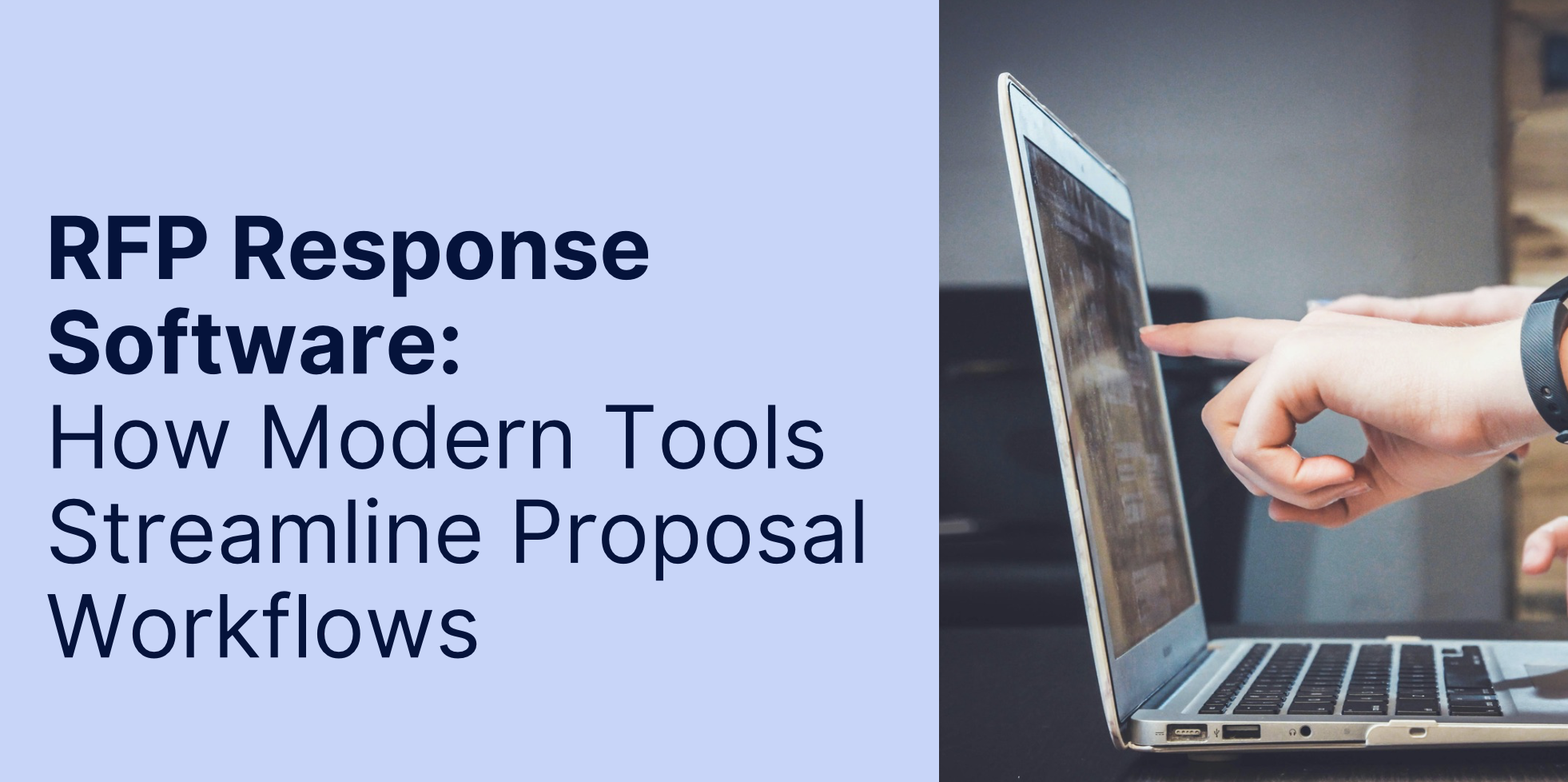
.png)

%20(1200%20x%20600%20px).png)
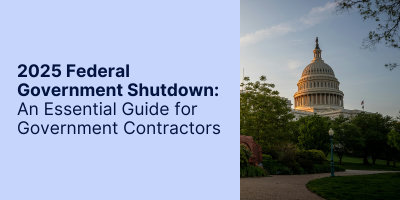
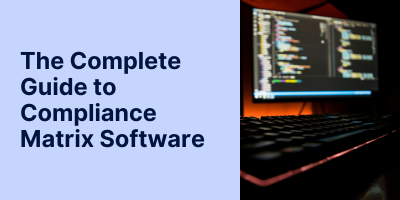
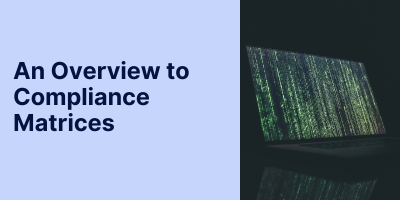

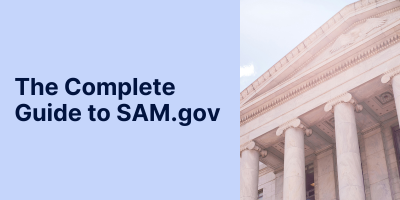
-2.png)
-2.png)
